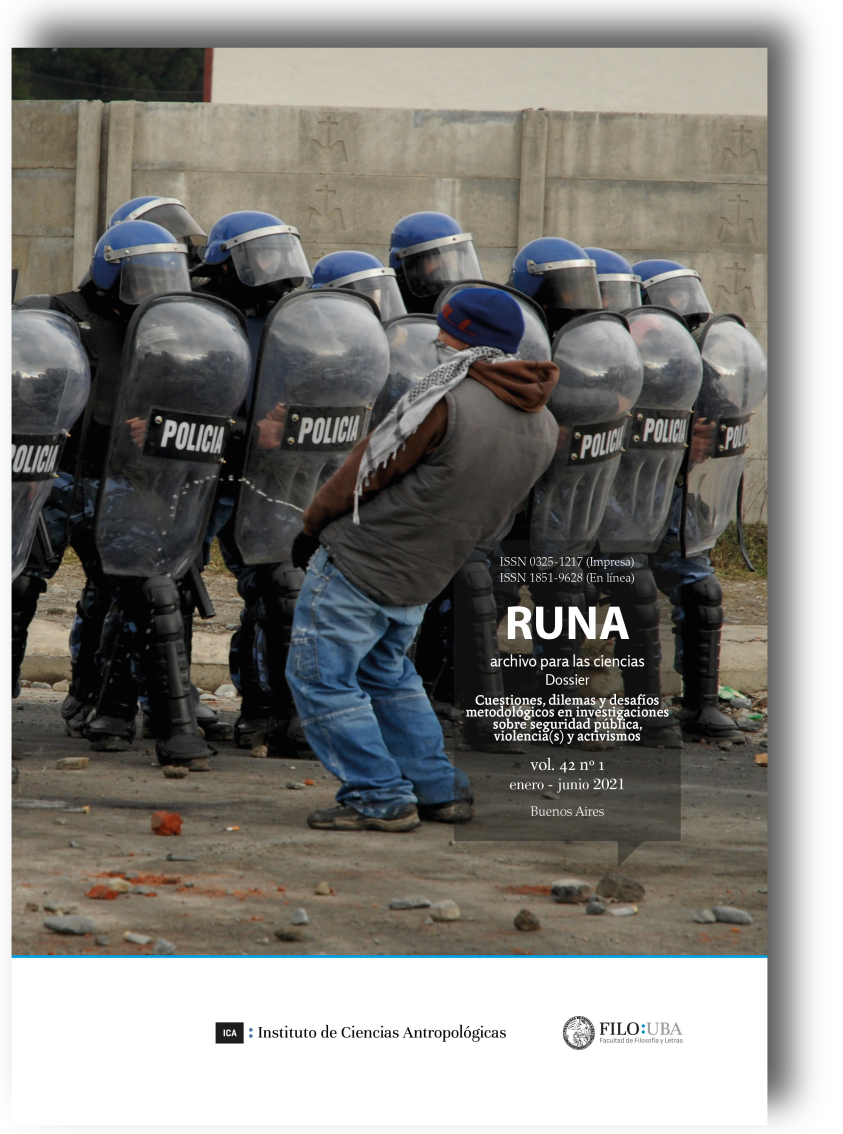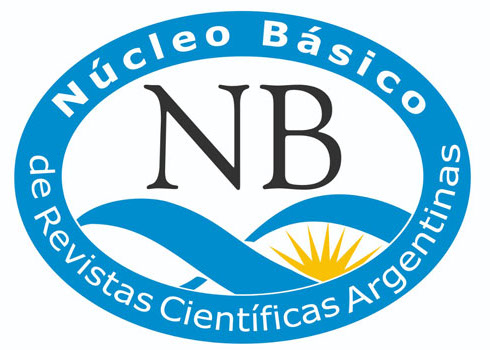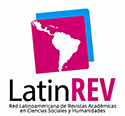About failures and relative successes
Technique, politics and ontology in animal husbandry projects in indigenous villages in the Amazon
Abstract
From a concrete ethnographic example collected among the Karitiana (Tupi-Arikém indigenous people in the state of Rondônia, southwestern Brazilian Amazon), this article discusses some of the reasons why the introduction of large-scale animal husbandry in the Lowland South American societies have failed, or have at most achieved relative successes. Built as an important part of public policies officially directed at indigenous peoples since at least the beginning of the 20th century, animal husbandry is based on a series of assumptions incompatible with Amerindian forms of relationship with non-human beings. Such imbalances explain the failure of the multiple attempts to implement livestock, fish farming or poultry farming (among others) in Amazonian indigenous villages, suggesting that such activities do not seem to be good alternatives for economic sustainability of these populations.Downloads

Runa, archivos para las ciencias is a publication of the Instituto de Ciencias Antropológicas, Facultad de Filosofía y Letras, Universidad de Buenos Aires and is distributed under a Creative Commons Attribution 4.0 International License.
Runa maintains its commitment to the policies of Open Access to scientific information, considering that both scientific publications and publicly funded research should circulate on the Internet freely, free of charge and without restrictions.
The contents and opinions expressed in published articles are the sole responsibility of their authors.



















